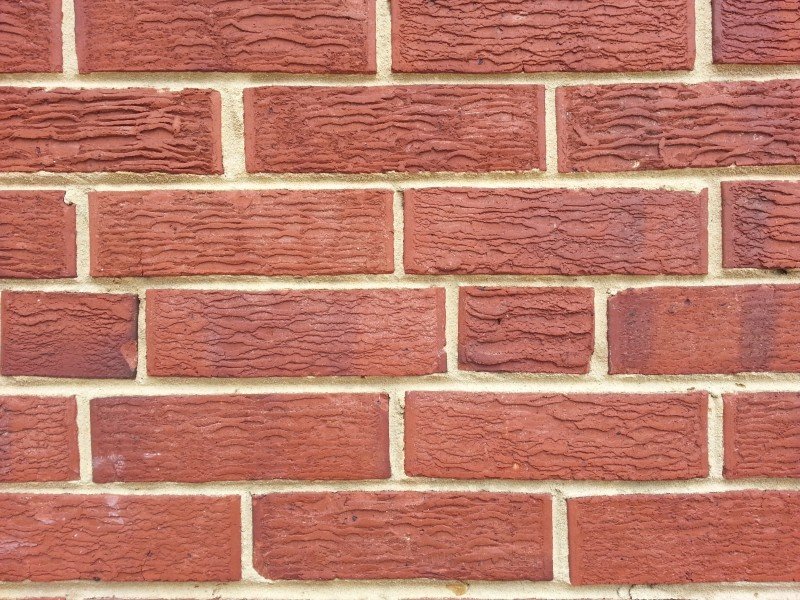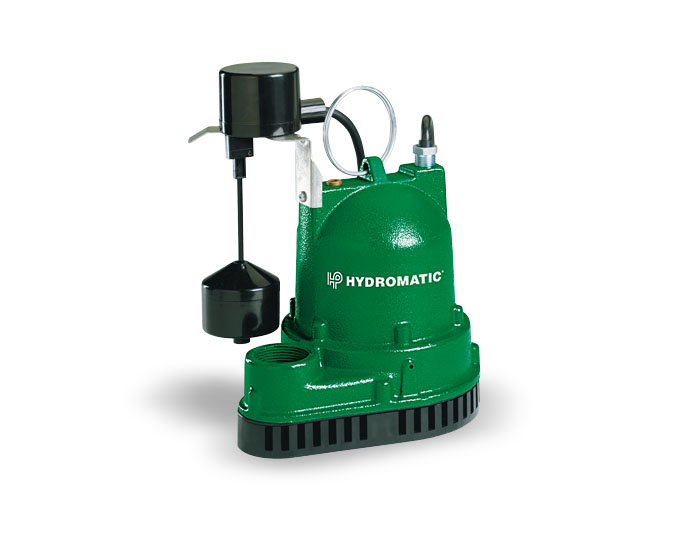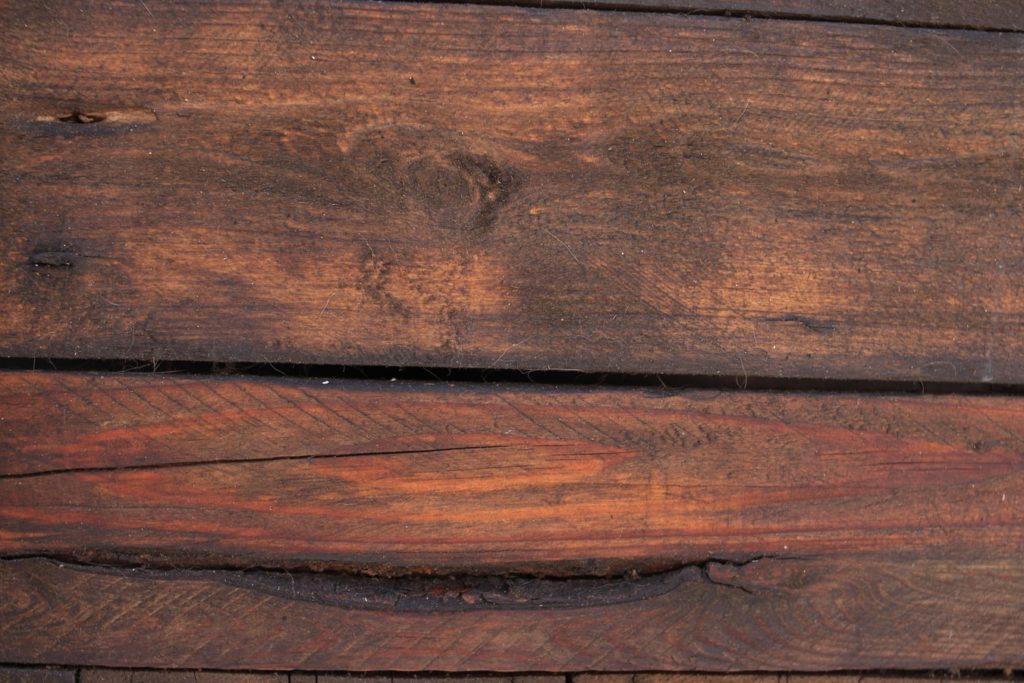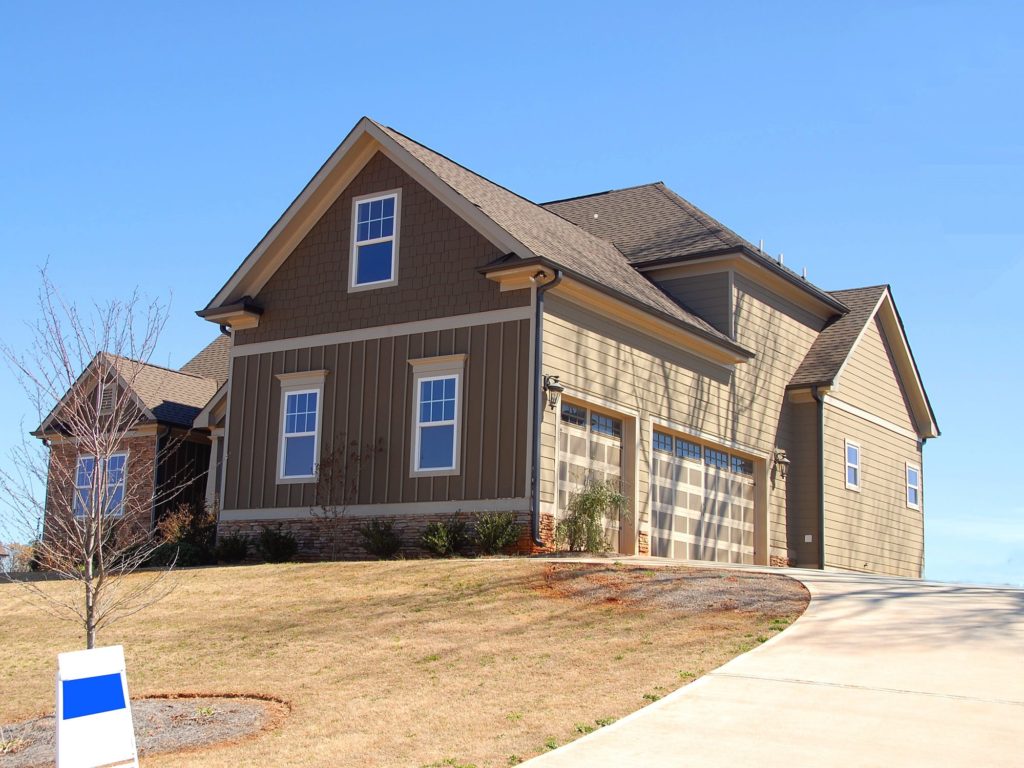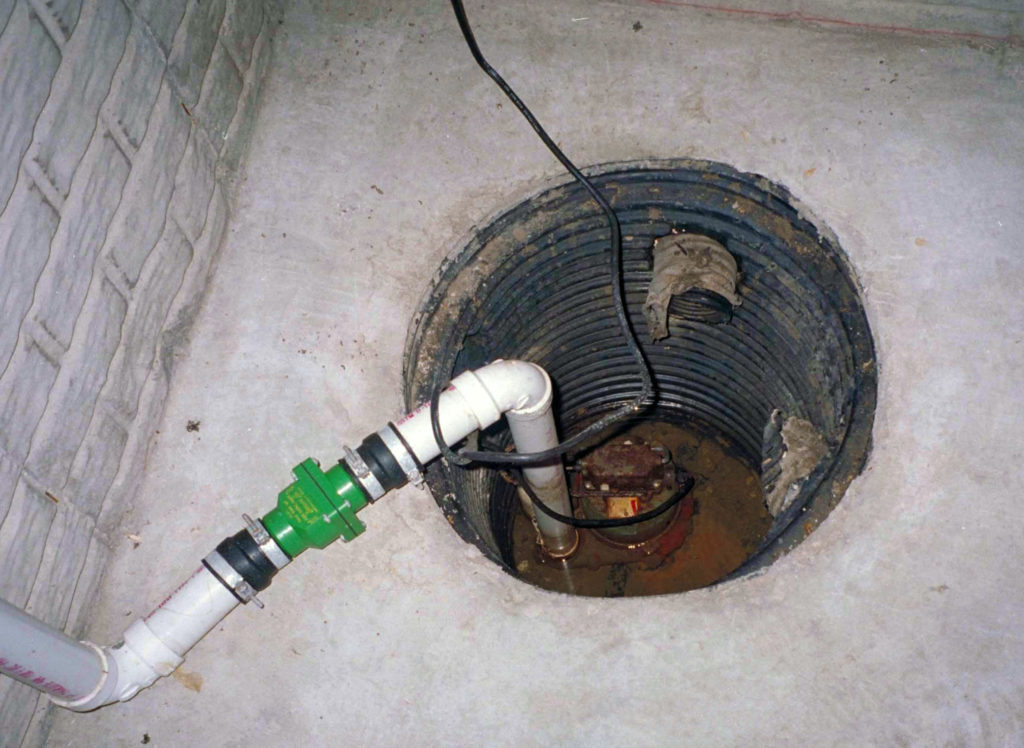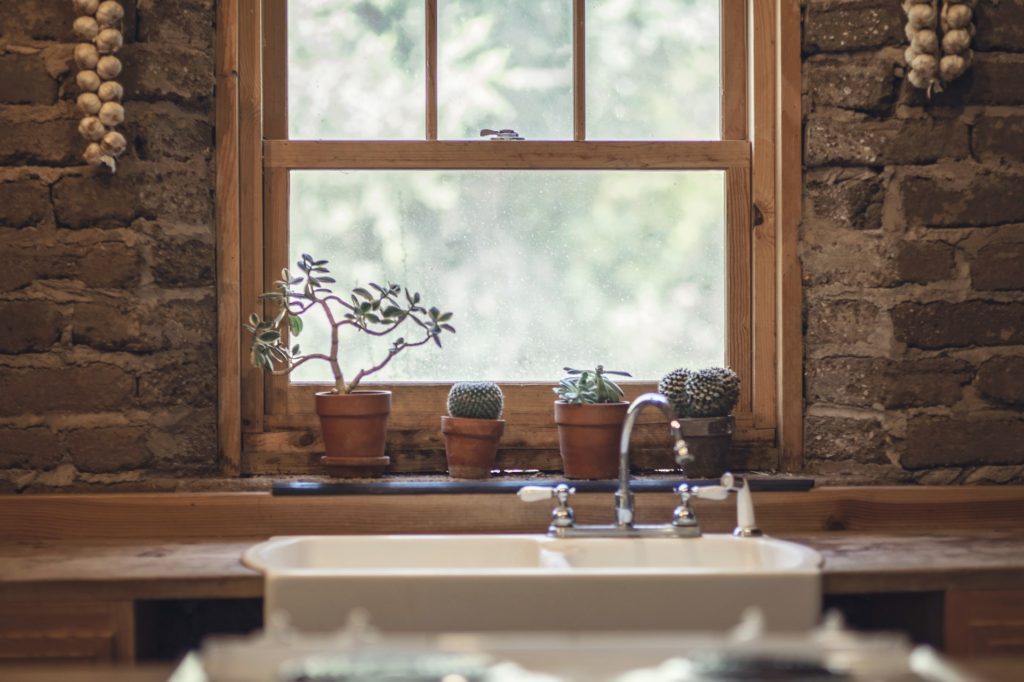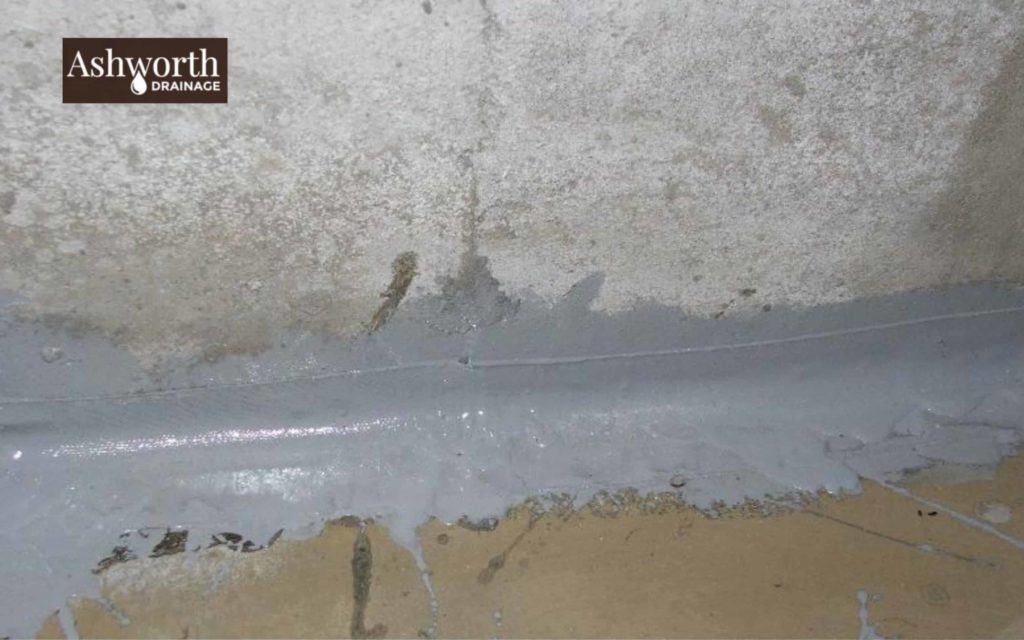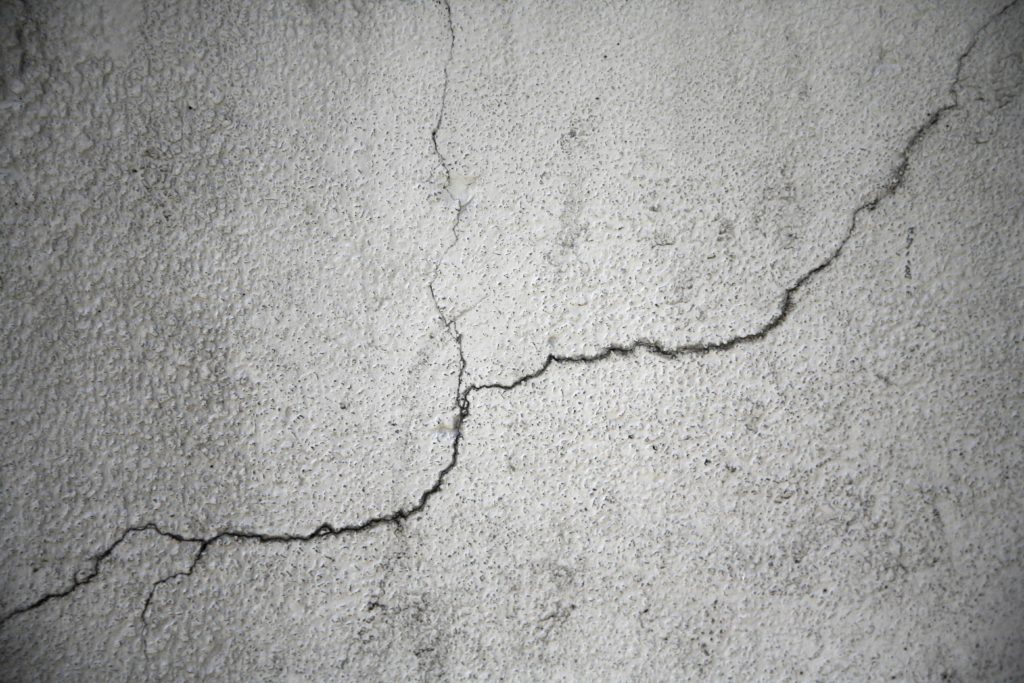Posts Tagged ‘foundation’
How Wall Anchors Work To Prevent Foundation Issues
Foundation walls that are under pressure and buckling inwards can severely impact the rest of your home. Floors can slope, windows and doors will lean, and cracks can form around seals and on the upper floors. Even a slight lean can cause major problems! When you notice a foundation wall showing the signs of cracking,…
Read MoreHow Can The Government Help Prevent Basement Flooding?
When your basement floods, you don’t have to fix it alone. Many municipal governments have programs designed to help homeowners with flooded basements, and this includes the City of London! But the biggest job they have is keeping larger drainage systems working, and this starts with the sewers.
Read MoreHow Many Years Does A Sump Pump Last?
A sump pump doesn’t last forever. This important part of your drainage system has an average life expectancy of about 10 years. When you notice that your pump is acting up, it could be time for a replacement.
Read MoreDo Uneven Floors Mean Foundation Problems?
Uneven or sloped flooring is rarely a sign that there’s just a problem with the floor. It’s a better indication that settling or shifting of the foundation is going on beneath the flooring. If you notice a slope developing, your first call should be to a foundation expert!
Read MoreCan You Waterproof A Basement Only From The Inside?
Some homeowners believe that basements only need to be waterproofed from the inside. They assume that by making the walls tight when finishing the basement, they won’t have to worry about any leakage or drainage problems. This misguided thinking can lead to many problems that extend far beyond just the basement!
Read MoreWhy Do Sump Pumps Fail?
The sump pump is an important part of a home’s drainage system. Sitting at the lowest part of the foundation, the sump pump gets rid of excess water that can flow around your foundation and basement flooring through the French or perimeter drains. It’s often the final step in stopping water from leaching into your…
Read MoreShould You Put Rocks In Your Window Well?
The window well is an important part of the drainage system that protects your basement from moisture leakage. It’s especially important because windows are a common weak point for foundations, and the barrier around them can wear down over time. On many, typically older homes, these window wells are defined by a metal or plastic…
Read MoreThe Different Types Of Epoxy Paste And Crack Filler
Repairing vertical or horizontal cracks in your foundation walls, whether they’re inside your basement or on the outer wall, requires a material that is resistant to sagging and designed to hold up against pressure. It has to have excellent adhesion not just to the concrete, but all kinds of masonry, and even wood and metal.…
Read MoreExternal Crack Repair: How It Works
Fixing external cracks in your foundation is absolutely essential. Many cracks cannot be fixed by epoxy or polyurethane injection from the inside, and require outside repairs to prevent them from getting worse. Small cracks can become major structural problems, causing the concrete to heave, contract, and crumble. If you notice a crack, have it repaired…
Read MoreHomes At The Bottom Of A Hill: How We Re-route Water Away
Spring runoff is a frustrating yet always reliable presence for a home located at the base of a slope. It’s not just the surface water you should be concerned with, though that can bring a lot of unwanted soil and plant matter, too; the subsurface water, that moisture flowing beneath the ground, can wreak havoc…
Read More
